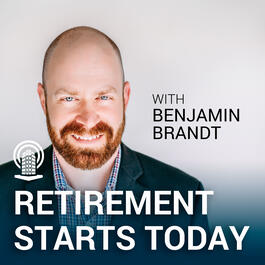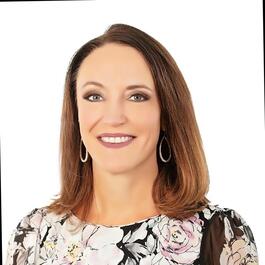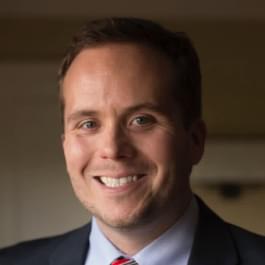
Retirement Starts Today
Do you want to spend more money in retirement, while paying less taxes? Great news, you're in the right place! I'll also teach you the benefits of retiring TO something, while most retirees only solve half the equation by retiring FROM something. Tune in every Monday morning - hosted by Benjamin Brandt CFP, RICP. Join my "Every Day is Saturday" weekly newsletter for show notes, free book giveaways and other great retirement content: www.retirementstartstodayradio.com/newsletter
Show episodes
Click here to work with us! Are you spending too little in retirement, worried you might outlive your savings? Many retirees struggle to strike the right balance, often holding back on enjoying the wealth they've worked a lifetime to build. I'll show you how to overcome those fears and spend with confidence while still
Major charitable-giving changes are set to take effect next year under the One Big Beautiful Bill Act. As a result, 2025 may be the best—and possibly last—great year to make a big charitable gift and get the full tax benefit in the same year. Listen in to hear the changes that take place in 2026 that could make 2025 t
A new report says retirees who use a so-called "bridge strategy" can actually spend more and need fewer assets to retire securely. That's right. By delaying Social Security and using other savings to "bridge the gap," you could improve your lifetime income, reduce longevity risk, and build more peace of mind into your
If something promises higher returns, it comes with higher risk — even if that risk isn't easy to see. And if something promises to protect your downside, it's usually charging you for it through fees, limited upside, or long-term lockups. Today's headline from Ben Henry-Moreland fits that idea perfectly. "Why 'Downsid
A few episodes ago, we covered Derek Tharp's research suggesting that not everyone should delay until 70 — especially those with shorter life expectancies or limited assets. This week's headline brings the opposite perspective: Michael Finke argues that for higher-income retirees who expect to live longer, claiming ear
Do lower-cost funds tend to outperform pricier ones over time? Jeffrey Ptak analyzed fifteen years of performance data covering virtually every U.S. mutual fund and ETF. He divided them into five "cost buckets," from the cheapest 10% all the way up to the most expensive 10%. He then compared each group's average monthl





